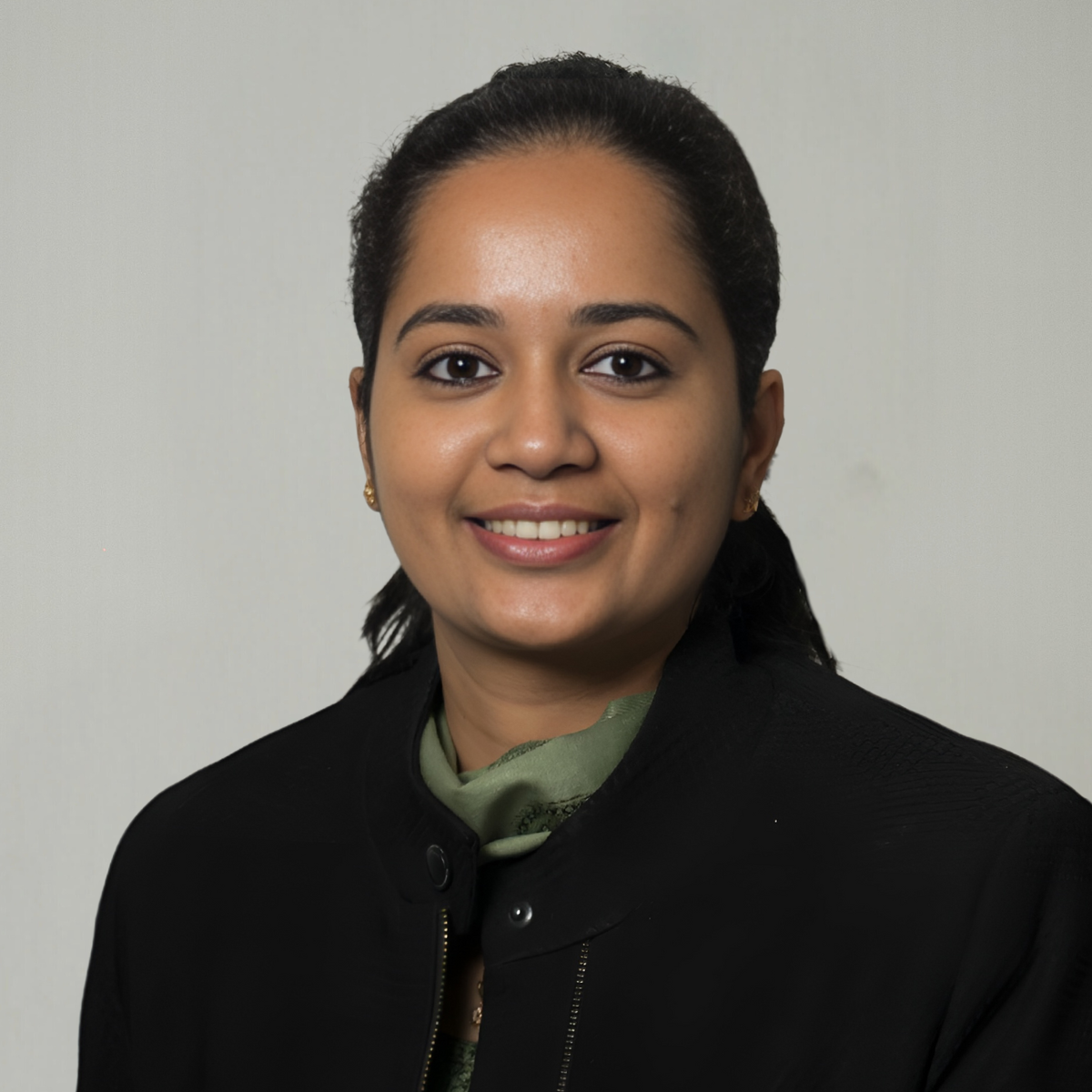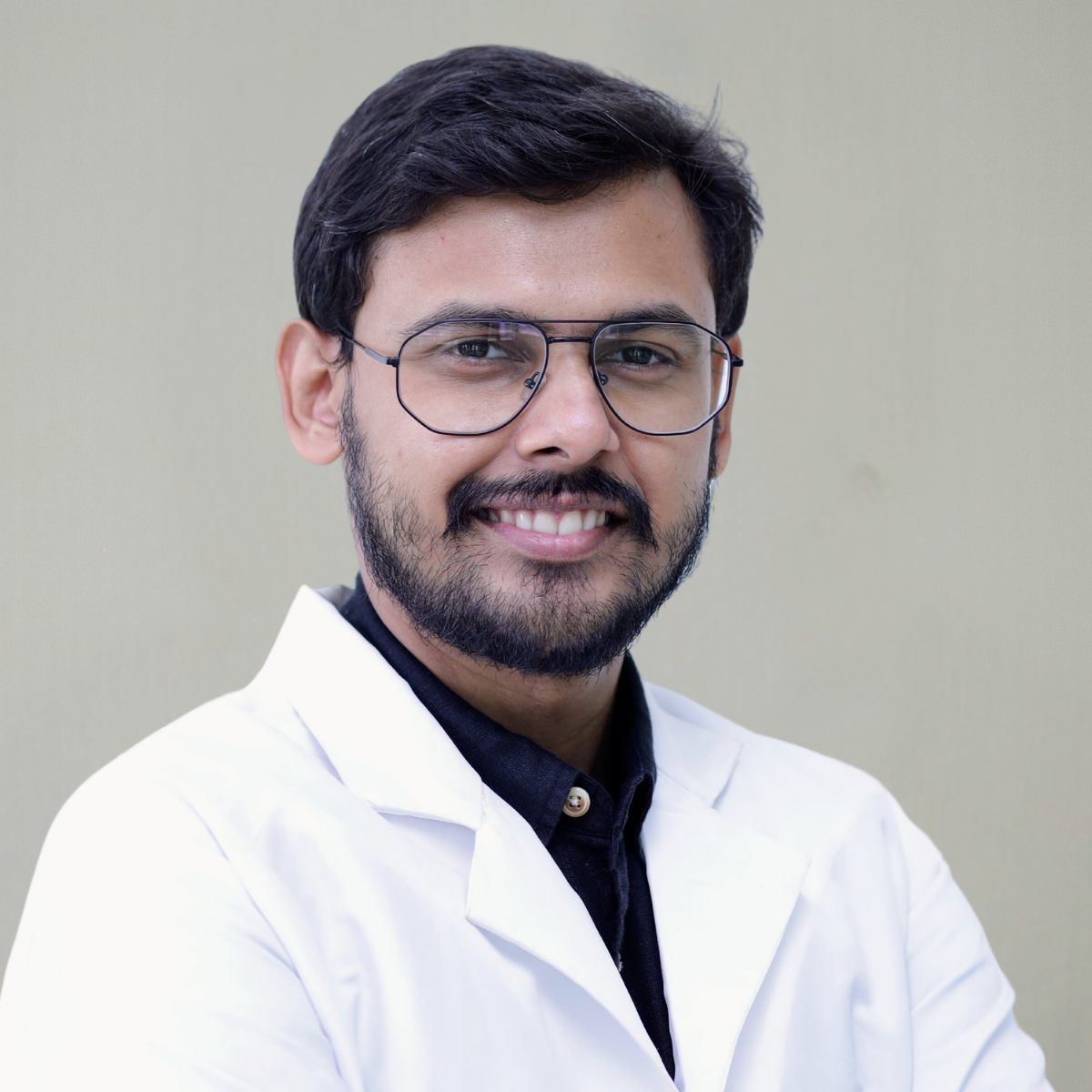ORAL & MAXILLOFACIAL SURGERY
What is Oral & Maxillofacial Surgery (OMFS)?
OMFS is a specialized branch of dentistry and surgery that focuses on diagnosing and treating conditions of the mouth, jaws, face, and neck. OMFS practitioners are trained to perform a wide range of surgical procedures, including wisdom teeth removal, dental implant placements, corrective jaw surgery, and facial trauma management. These specialists also manage oral pathologies such as cysts, tumours, and complex fascial space infections. Additionally, OMFS encompasses the diagnosis and treatment of temporomandibular joint (TMJ) disorders and other functional issues affecting the occlusion and mouth opening. OMFS combines medical and dental expertise to provide comprehensive care for patients experiencing issues in these areas.
Why choose us?
Choose our facility for your oral and maxillofacial surgery needs and experience the highest standard of care delivered by a team of qualified, extensively trained, and highly skilled surgeons. From routine tooth extractions to complex facial reconstructions, our experts are proficient in a broad spectrum of procedures. We utilize state-of-the-art technology to ensure precision, safety, and optimal outcomes. Every treatment plan is tailored to meet your specific needs, and we uphold the highest standards of sterilization to ensure a safe and hygienic environment. Our patient-centered approach, compassionate care, and easily accessible location work together to provide you with a smooth, comfortable, and stress-free surgical experience. Trust us to deliver comprehensive OMFS services with excellence.
Facial injuries, management of complex craniofacial fractures and soft tissue injuries of the mouth, face, and neck.
Head and neck cancer, access to tumors within the depths of the complex craniofacial anatomy, and ablation of tumors, including neck dissections.
Reconstructive surgery, including microvascular free tissue transfer.
Orthognathic surgery for the correction of facial disproportion
Pre-implant surgery, including the use of implants to retain facial or dental prostheses and associated bone grafting techniques as part of Oro-facial reconstruction.
Removal of impacted teeth and complex buried dental roots.
Removal of cysts and tumors of the jaws
Primary and secondary surgery for cleft lip and palate, and other congenital facial deformities.
Management of benign and malignant lesions of the salivary glands.
Removal of complex facial skin tumors and reconstruction
Cosmetic surgery including face lifts, eyelid and brow surgery and rhinoplasties.
Temporomandibular joint surgery
- Overview of the specialty within dental and medical fields.
- Foundational knowledge in head and neck anatomy.
- Training in patient evaluation and diagnosis specific to oral and maxillofacial conditions.
- Introduction to simple extractions, biopsies, and other minor surgical procedures.
- Basics of handling facial trauma cases.
- Training in patient interaction and treatment planning.
- Emphasizing ethical considerations.
- Rotatory internship with stipend.
- Community-integrated clinical exposure.
- 3-Year Master’s Program in Oral and Maxillofacial Surgery since 2014.
- Three postgraduates per batch.
- Mentored by experienced faculty with an experience of two decades.
- In-depth training in complex OMFS procedures.
- Practical exposure in diagnosing and treatment planning.
- Peripheral postings in medical departments.
- Extensive practice in advanced implant surgeries.
- Guidance for Board Certification Program.
- Training in CBCT and other digital tools.
- Conducive atmosphere for dental research.
- Quality publications in indexed journals.
- Access to Advanced Clinical Training (ACT) Courses and CDE programs.
Notable Alumni Placements
- Christian Dental College, CMC Ludhiana
- Seychelles Hospital, Seychelles
- Rangadore Memorial Hospital, Bangalore
- Army College of Dental Sciences, Secunderabad
- University Hospital for Wales, Cardiff
- Christian Hospital Mungeli, Chattisgarh
- Chattisgarh Dental College and Research Institute
- Bhagwan Mahaveer Jain Hospital, Bangalore
- Jain Hospital, Bangalore
- St Stephen’s College, New Delhi
- GSR Hospital, Hyderabad
- Chitranjan National Cancer Institute, Kolkata
Gallery










Frequently Asked Questions
You should consult an Oral and Maxillofacial Surgeon if you experience any of the following:
Facial trauma or injury
Difficulty in chewing or opening/closing the mouth
Oral lesions or growths
Persistent facial pain
Wisdom teeth-related problems
Congenital craniofacial anomalies
Need for dental implants or jaw surgery
During your first visit, the Oral and Maxillofacial Surgeon will conduct a comprehensive examination of your oral and facial structures. This may include X-rays, scans, and other diagnostic tests to assess your condition accurately. After evaluating your case, the surgeon will discuss treatment options and address any concerns or questions you may have.
Oral and Maxillofacial Surgery procedures are typically performed under local or general anesthesia to ensure patient comfort and minimize pain during the procedure. The surgical team will provide post-operative care instructions and prescribe medications, if necessary, to manage any discomfort or pain after surgery.
The recovery period varies depending on the type and complexity of the surgery performed. Minor procedures may require only a few days of recovery, while more extensive surgeries may take several weeks for full recovery. The surgeon will provide specific instructions to promote healing and minimize complications during the recovery period.
Many Oral and Maxillofacial Surgery procedures are covered by health insurance plans. However, coverage may vary depending on the type of procedure, your insurance provider, and your individual policy. It is advisable to check with your insurance company regarding coverage details and pre-authorization requirements before undergoing surgery.
• Do not apply heat to your face, unless your surgeon told you to do so.
• Heat can increase swelling.
• Do not use straws, suck on anything, or smoke.
• These actions cause negative pressure in your mouth, which can dislodge the blood clot that is keeping your wound closed, causing more bleeding, and delay your healing.
• Do not blow your nose. Wipe instead. If you need to sneeze, do so with your mouth open.
This varies depending on the patient’s needs and the treatment process preferred by the prosthodontist. You can generally expect:
• An initial consultation with x-rays (and extraction if a tooth root is still in place)
• An in-office surgery to open the gum, create a hole in the jawbone and insert a titanium post
• Checkups to monitor healing of the surgical site and the growth of bone around the post
• A minor procedure 4-6 months later to attach an abutment to the post
• A visit several weeks later to fix the crown to the abutment











